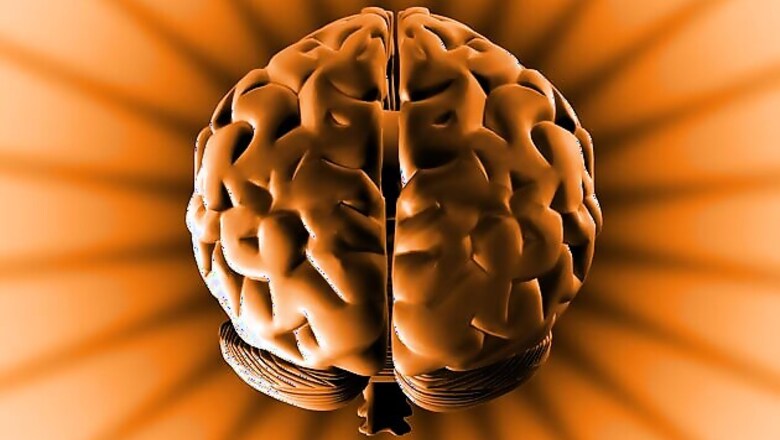
views
Washington: Scientists have found a population of neurons that help in measuring time, suggesting that there is no "central clock" in the brain to rely upon for all tasks involving timing. Researchers at the University of Minnesota's Center for Magnetic Resonance Research (CMRR) developed a task in which monkeys could only rely on their internal sense of the passage of time.
Their task design eliminated all external cues which could have served as "clocks." The monkeys were trained to move their eyes consistently at regular time intervals without any external cues or immediate expectation of reward. Researchers found that despite the lack of sensory information, the monkeys were remarkably precise and consistent in their timed behaviours.
This consistency could be explained by activity in a specific region of the brain called the lateral intra-parietal area (LIP). Interestingly, the researchers found that LIP activity during their task was different from activity in previous studies that had failed to eliminate external cues or expectation of reward.
"In contrast to previous studies that observed a build-up of activity associated with the passage of time, we found that LIP activity decreased at a constant rate between timed movements," said lead researcher Geoffrey Ghose, associate professor of neuroscience at the University of Minnesota.
"Importantly, the animals' timing varied after these neurons were more, or less, active. It's as if the activity of these neurons was serving as an internal hourglass," he said. By developing a model to help explain the differences in timing signals they see relative to previous studies, their study also suggests that there is no "central clock" in the brain that is relied upon for all tasks involving timing. Instead, it appears as though each of the brain's circuits responsible for different actions are capable of independently producing an accurate timing signal. The study is published in the open access journal PLoS Biology.




















Comments
0 comment